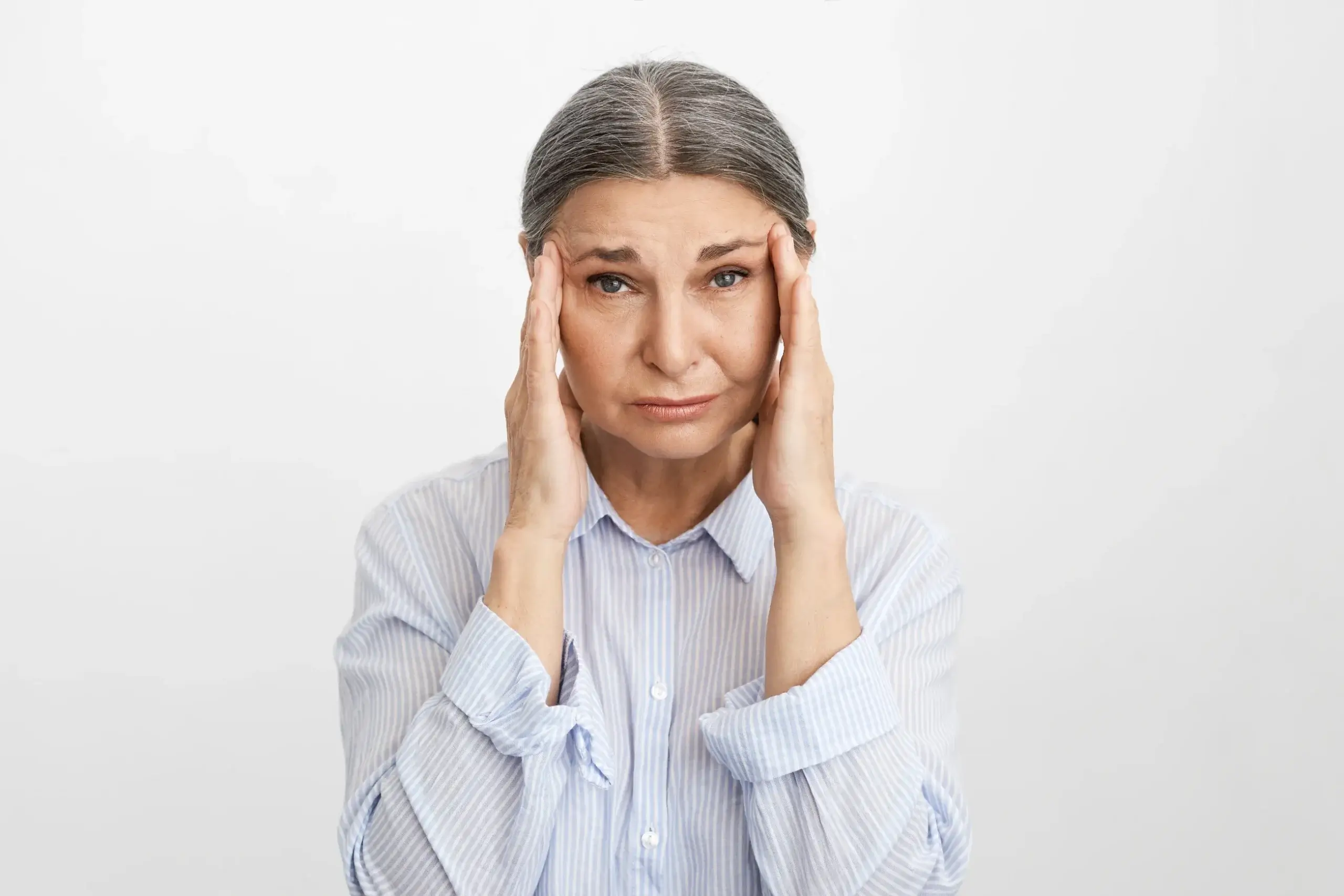
The Connection Between Women’s Hormones and Mental Health: What You Need to Know
The intricate relationship between women’s hormones and mental health has long been underexplored in medical research, despite affecting millions of women worldwide. In India alone, studies indicate that approximately 38% of women report experiencing hormone-related mental health challenges during their reproductive years. Understanding Women’s Hormones and Mental Health connection is crucial for better healthcare outcomes and support systems for women.
Women’s Hormones: Understanding the Basics
Our bodies operate through a complex interplay of hormones, with estrogen, progesterone, and testosterone playing particularly crucial roles in women’s mental health. Research shows that these hormones affect not just reproductive function, but also mood, cognitive ability, and emotional regulation.
Recent studies in women’s hormones and mental health have revealed that hormonal fluctuations can influence:
- Neurotransmitter production and function
- Brain structure and connectivity
- Stress response mechanisms
- Emotional processing and regulation
- Sleep patterns and quality
Key Life Stages and Mental Health Impact
Puberty and Adolescence
The onset of menstruation marks a significant period in a young woman’s life. Studies focusing on women and mental health in India reveal that approximately 45% of adolescent girls experience mood-related symptoms during this transition. The sudden hormonal changes can trigger:
- Anxiety and depression
- Mood swings
- Changes in sleep patterns
- Difficulty concentrating
Reproductive Years
During the reproductive years, women experience regular hormonal fluctuations through their menstrual cycle. Research indicates that 75% of women experience some form of premenstrual syndrome (PMS), with 3-8% developing the more severe Premenstrual Dysphoric Disorder (PMDD).
A comprehensive study on women’s hormones and mental health found that during the luteal phase of the menstrual cycle:
- Anxiety levels increase by 30%
- Risk of depression rises by 25%
- Stress sensitivity heightens significantly
Pregnancy and Postpartum
Pregnancy and the postpartum period represent times of dramatic hormonal changes. Studies focused on women and mental health in India show that:
- 10-20% of new mothers experience postpartum depression
- 35% report anxiety during pregnancy
- 15% face persistent mood disorders in the first year after childbirth
Perimenopause and Menopause
The transition to menopause significantly impacts mental health. Research indicates:
- 45% of women report increased anxiety
- 68% experience mood changes
- 23% develop clinical depression
- 32% face sleep disorders
Cultural Context: Women and Mental Health in India
The intersection of hormonal health and mental well-being takes on particular significance in the Indian context. Studies show that:
Only 22% of Indian women seek professional help for hormone-related mental health issues
Cultural stigma prevents 68% from discussing these challenges openly
Traditional support systems play a crucial role in managing mental health
Access to healthcare and mental health services varies significantly across urban and rural areas
The Biological Mechanism
Understanding how hormones affect mental health involves examining several key processes:
Estrogen’s Role
Estrogen influences the production and function of serotonin and dopamine, key neurotransmitters affecting mood and emotional well-being. Research shows that estrogen:
- Increases serotonin production by 40%
- Enhances dopamine sensitivity
- Affects brain inflammation levels
- Influences memory formation and cognitive function
Progesterone’s Impact
Progesterone acts as a natural antidepressant and anxiety reducer. Studies indicate it:
- Promotes quality sleep
- Reduces inflammation
- Supports cognitive function
- Helps regulate mood swings
Treatment and Management Approaches
Modern approaches to managing hormone-related mental health issues include:
- Medical Interventions
- Hormone therapy
- Antidepressants when necessary
- Regular hormone level monitoring
- Targeted nutritional supplementation
Lifestyle Modifications
Research supports the effectiveness of:
- Regular exercise (shown to improve hormonal balance by 35%)
- Stress management techniques
- Adequate sleep hygiene
- Balanced nutrition
Traditional and Alternative Approaches
In India, many women combine modern medicine with traditional practices:
- Yoga and meditation (practiced by 45% of women with hormonal issues)
- Ayurvedic treatments
- Dietary modifications based on traditional wisdom
- Community support systems
Prevention and Early Intervention
Understanding the connection between women’s hormones and mental health enables better prevention strategies:
Regular Monitoring
- Tracking menstrual cycles and associated symptoms
- Regular check-ups with healthcare providers
- Monitoring mood changes and patterns
- Early identification of warning signs
Education and Awareness
- Community education programs
- Family support system development
- Workplace awareness initiatives
- Healthcare provider training
The Way Forward
Research in women’s hormones and mental health continues to evolve, revealing new insights and treatment approaches. Key areas of focus include:
Research Priorities
- Long-term effects of hormonal fluctuations on mental health
- Development of targeted treatments
- Impact of environmental factors on hormonal health
- Cultural influences on treatment effectiveness
Healthcare System Improvements
- Better integration of mental health and hormonal health services
- Increased accessibility to specialized care
- Enhanced screening protocols
- Improved support systems for women
The connection between women’s hormones and mental health represents a crucial area of healthcare that requires continued attention and research. Understanding this relationship helps create more effective treatment strategies and support systems, particularly in contexts like India where cultural factors play a significant role. By acknowledging and addressing these connections, we can work toward better health outcomes for women across all life stages.
The path forward involves continued research, improved healthcare access, and greater awareness of the intricate relationship between hormonal health and mental well-being. As our understanding grows, so too does our ability to provide effective, culturally sensitive support for women navigating these challenges.




